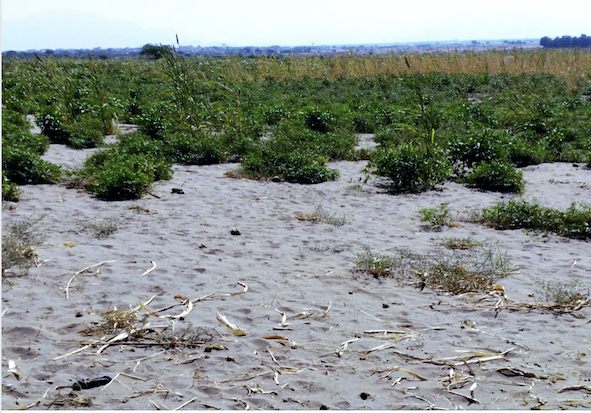
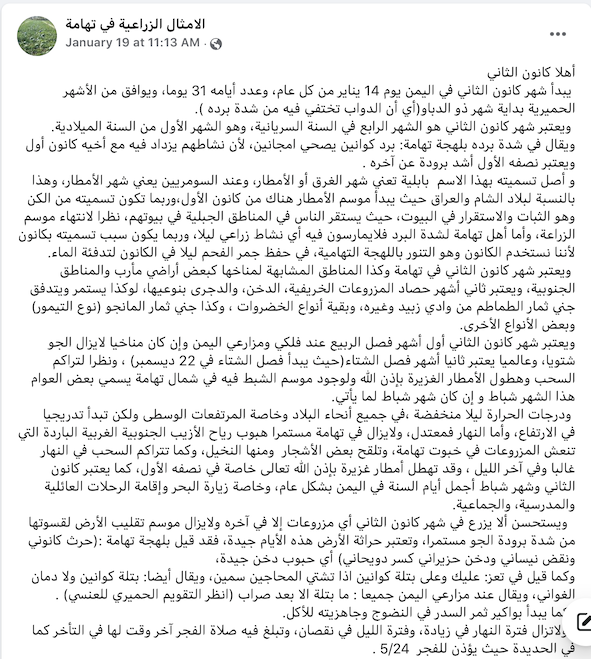
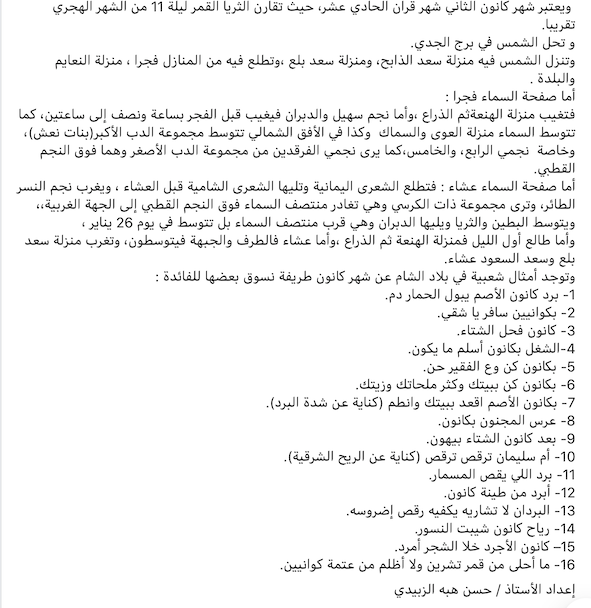
From the Facebook site of al-Amth?l al-zir?‘iyya f? Tih?ma.
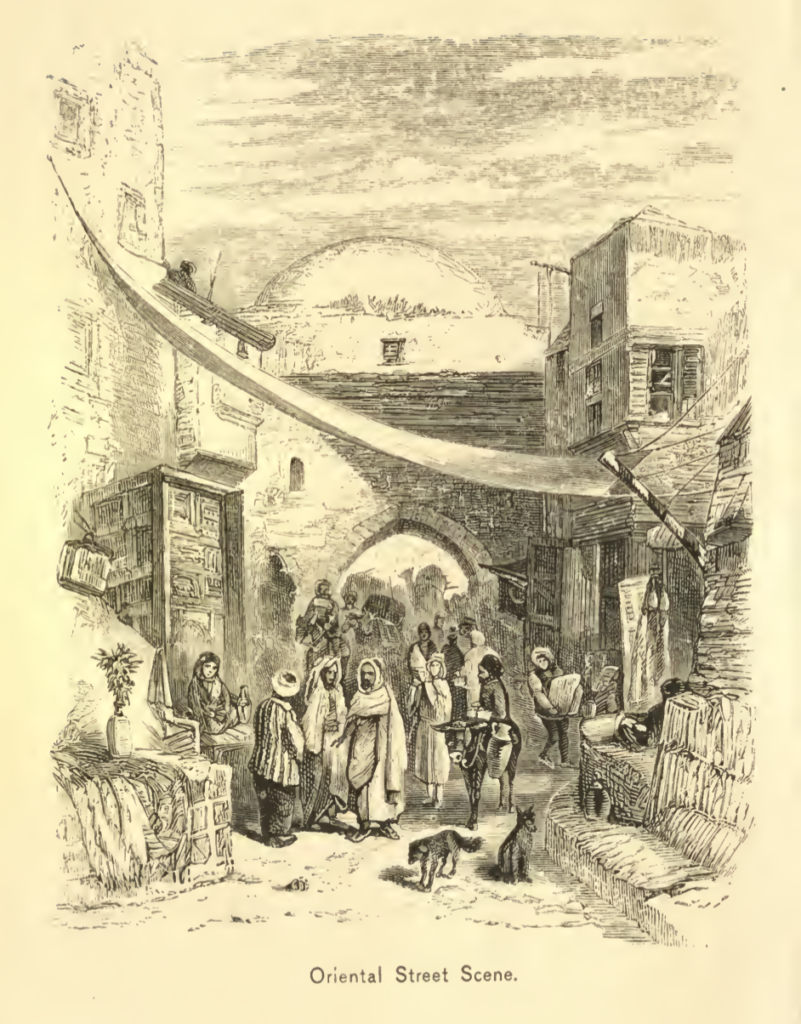
There were many books written by Christian missionaries and clergy during the 19th century. While the text itself has long since been outdated, the engravings are still fascinating to look at. The illustrations here are from an 1875 book of Bible Manners and Customs by the Methodist-Episcopal preacher James M. Freeman. It is available for free on archive.org. But there is also a brand new edition currently in press for 2021 and already noted on Amazon. I attach several of the images below the book title.
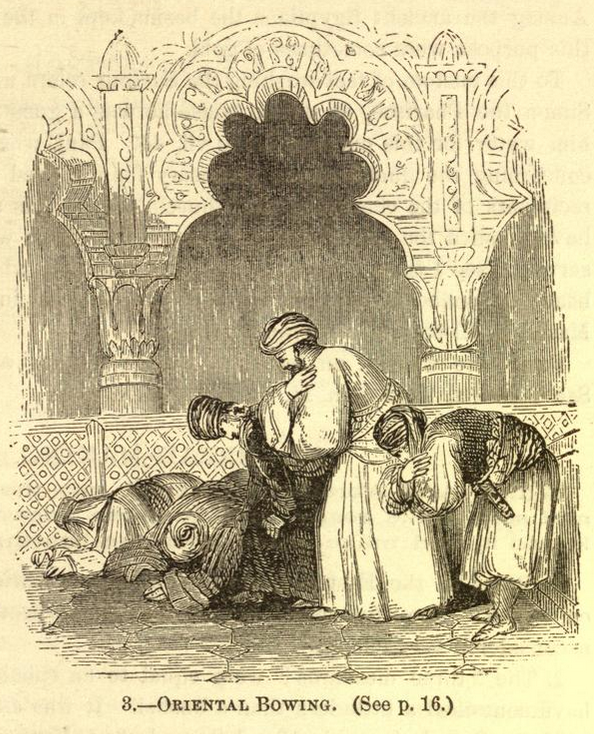
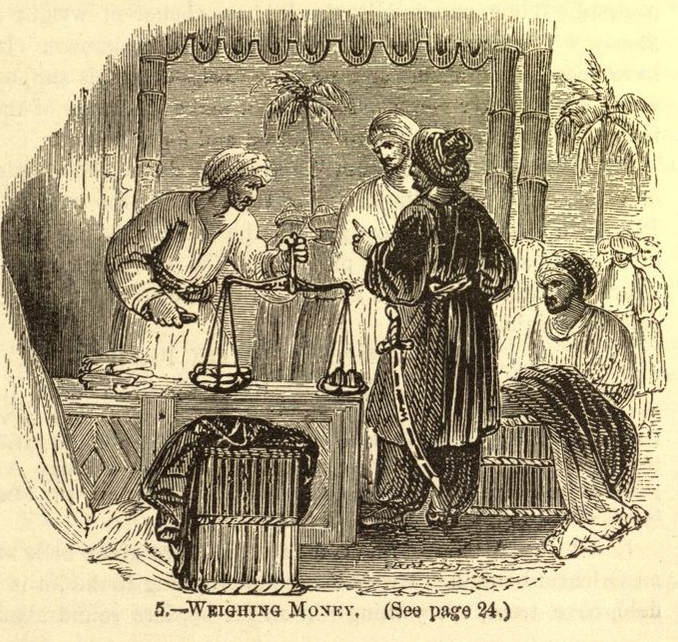
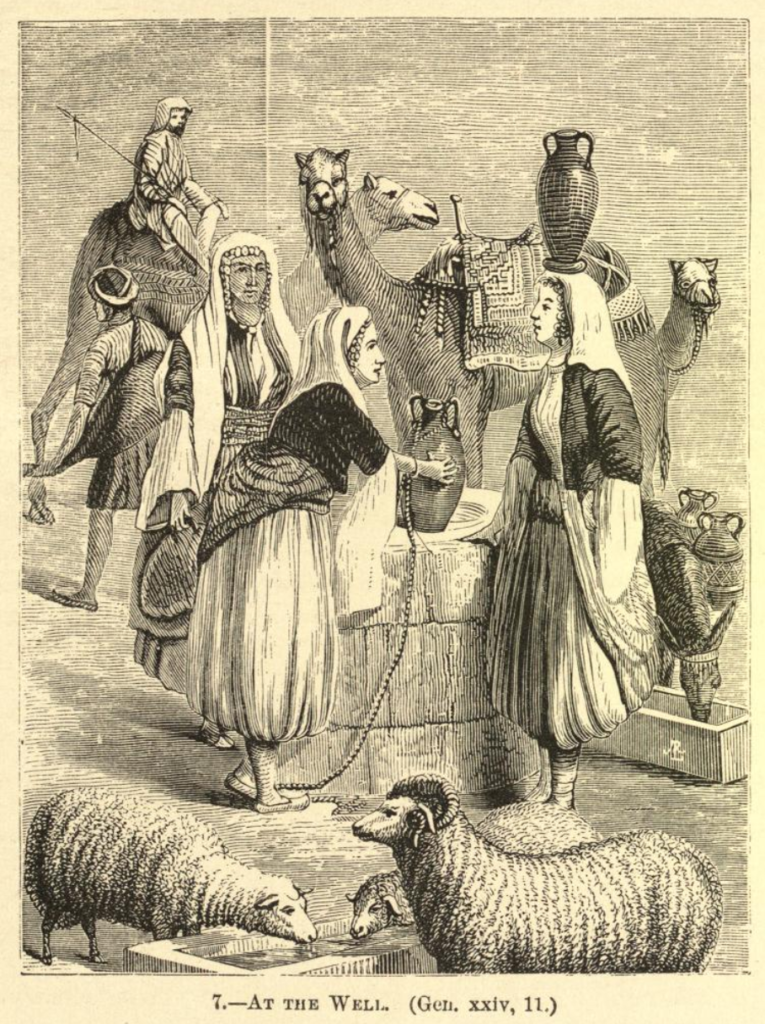
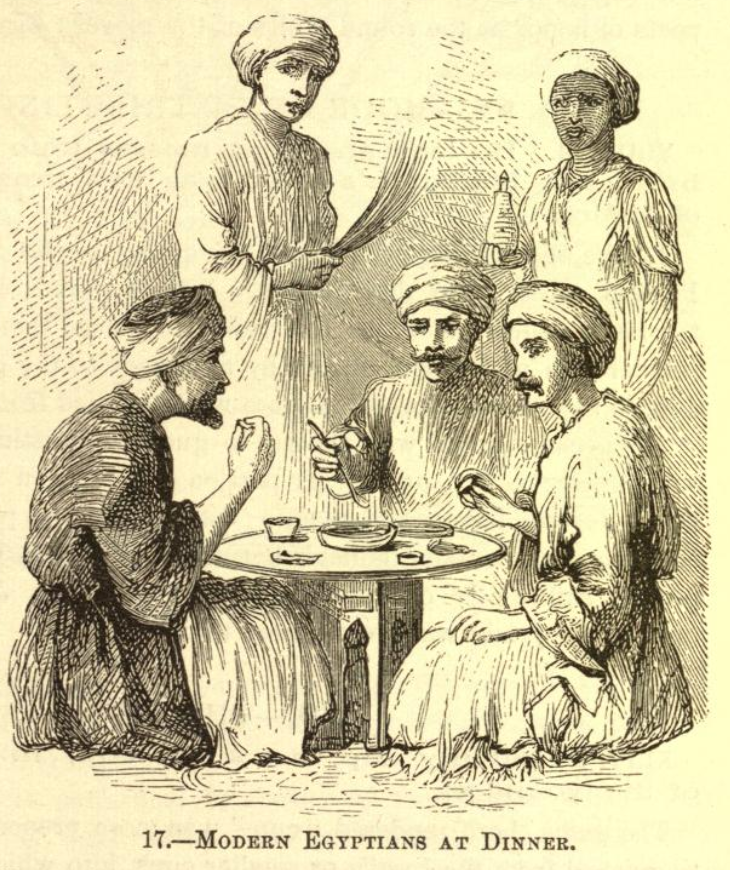
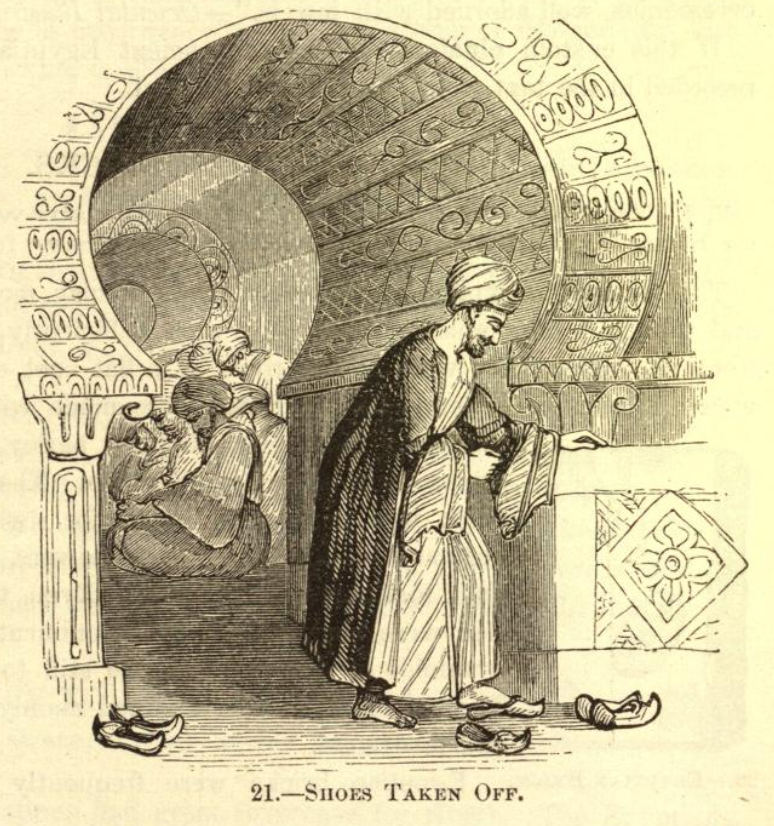
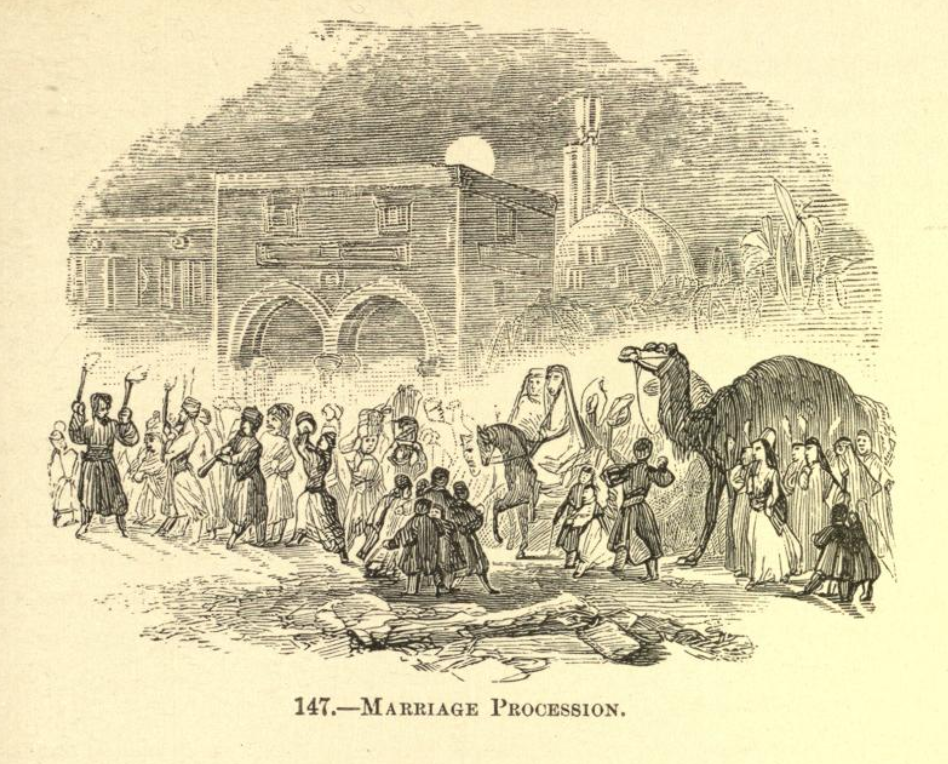
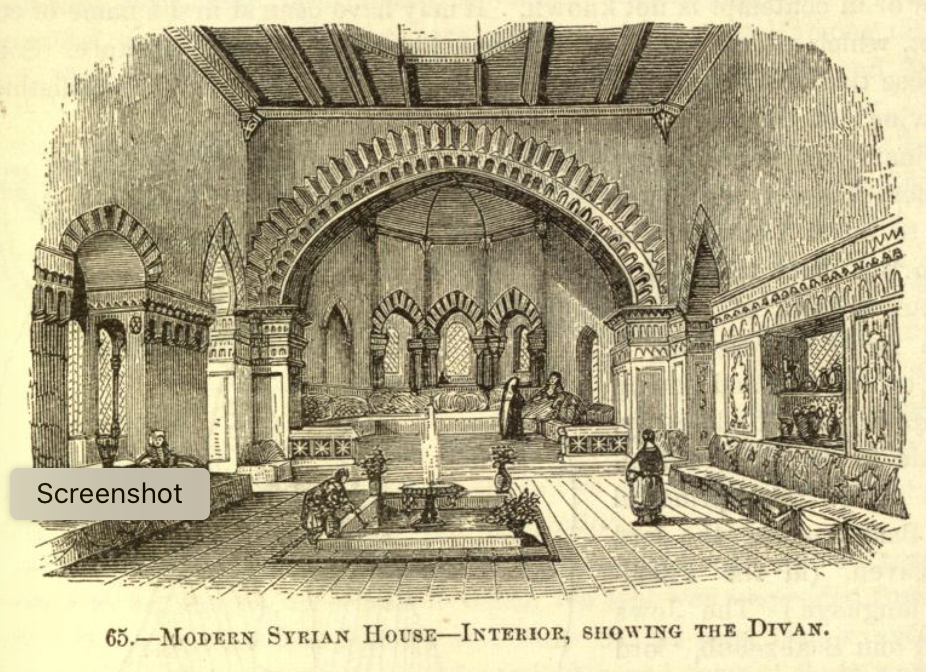
As a fan of 19th century lithographs and steel engravings of images about the Middle East, I have enjoyed the images in Story of the Bible Animals by the Rev. J. G. Wood, published in 1888 and available on archive.org. In a previous post I posted images of camels. Here are a few of the other animals in the same volume.

I am a fan of 19th century lithographs of images about the Middle East. One of the books with a plethora of such images is Story of the Bible Animals by the Rev. J. G. Wood, published in 1888 and available on archive.org. In the 700 pages of this book, the largest space (pp. 248-290) is devoted to the camel, drawing on traveler accounts. It is a fun read, full of all the Orientalist prejudices you might image. For example:
“As to the movement of the animal, it is at first as unpleasant as can be conceived, and has been described by several travellers, some of whose accounts will be here given. One well-known traveller declares that any person desiring to practice Camel-riding can readily do so by taking a music-stool, screwing it up as high as possible, putting it into a cart without springs, sitting on the top of it cross-legged, and having the cart driven at full speed transversely over a newly ploughed field.”



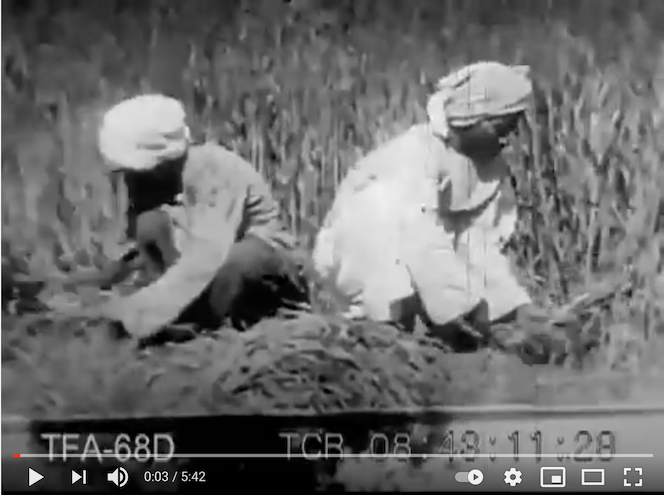
There is an early 1920 video on Youtube with views of agriculture, bread making, spinning and weaving in Egypt at the time. No details are provided on the Youtube page.
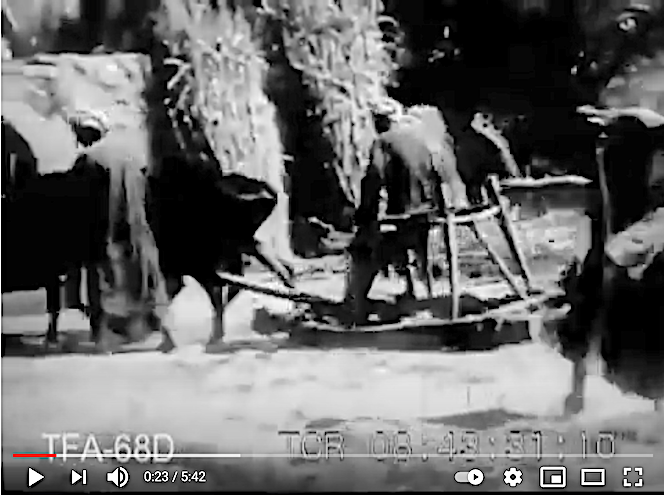
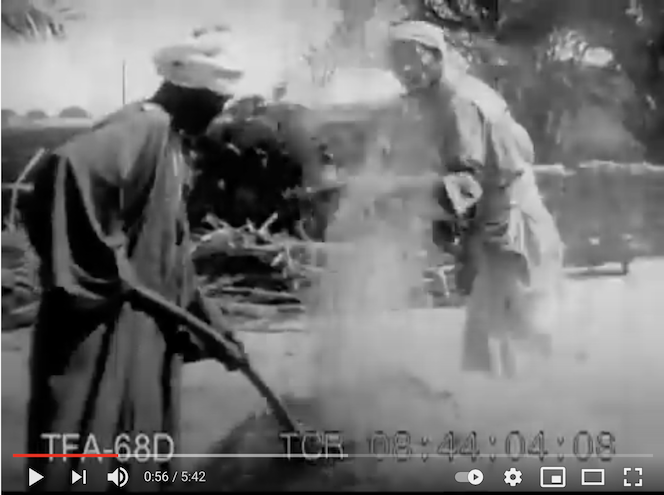
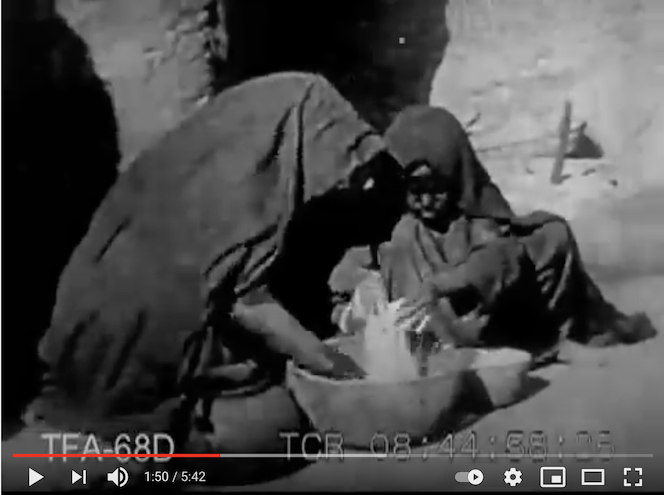
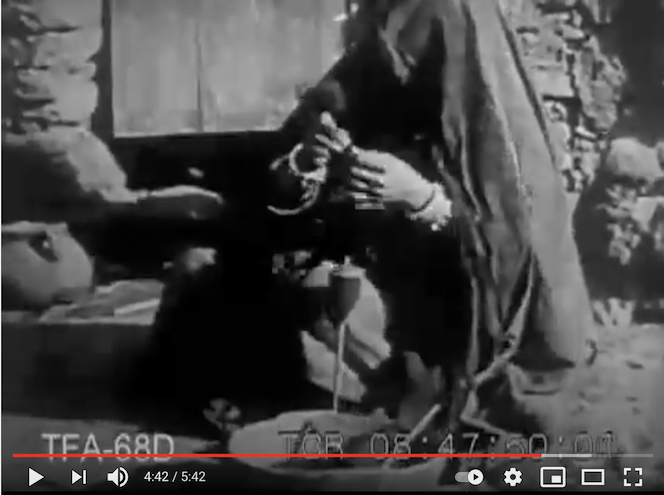
This is to note that I have received a research grant from the Qatar Foundation for a study of indigenous knowledge of the seasons and time-telling in the Gulf. I have created a separate webpage to indicate progress through updates on the progress. This page is at http://tabsir.net/?page_id=2903
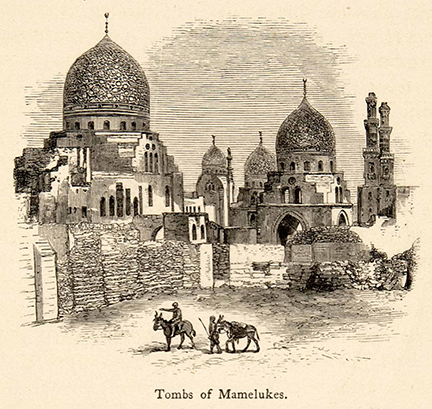
Economy and Material Culture in the Early Islamic Empire
Bi-Weekly, Wednesday, 4-6 pm CEST Starting April 6, 2016
Islamic Material Culture
The Universität Bonn (Bethany Walker), the Ludwig-Maximilians-Universität in Munich (Andreas Kaplony), The Bard Graduate Center in New York (Abigail Balbale), and Universität Hamburg (Stefan Heidemann) are co-operating in setting up a series of webinars in Archaeology of the Middle East, Arabic Papyrology, Islamic Arts and material Culture, and Numismatics of the Middle East.
Why Agriculture?
Why agriculture and the Early Islamic Empire in material culture? Not least Bulliet’s book about the cotton boom (2009) in the Early Empire has stimulated discourse about agriculture and elite culture of the Early Islamic Empire. The webinar tutorial explores different aspects of this agriculture boom in case studies from Central Asia to the Iberian Peninsula. We see a continuation and improvement in efficiency of established forms of irrigation from Late Antiquity to the Early Islamic Empire. The new Muslim elites turned into a landholding class establishing estates and luxurious mansions. The new imperial metropolises created an unprecedented demand in foodstuffs, which was answered by bringnig more land under cultivation and introducing more efficient ways of production. Food had to be transported, and maritime and river routes were established. While some of these developments can be explored through text, material culture and archaeology allows new ways to see this boom in detail. Guest lecturers will include Corisande Fenwick (University College London), Abigale Balbale (The Bard Graduate Center, New York), Sören Stark, Institute for the Study of the Ancient World), and Kristoffer Damgaard (Carsten Niebuhr Institute, Copenhagen), and Bethany Walker (Universität Bonn).
The webinar is part of the ‘Webinar Initiative in Islamic Material Culture’ jointly organized by the Bard Graduate Center, New York, Universität Bonn, Ludwig-Maximilians-Universität, Munich, and Universität Hamburg.
Prerequisites for participation
Spoken and written proficiency in English language. The course is open to all advanced students in B.A., M.A., and PhD programs of Islamic studies, historians, art historians, and archaeologists of the Middle East. All students need a computer, a reliable internet connection, and a headset. In a personal online short skype interview in early April 2016, we will check whether all technical assets are working. Students from Hamburg have to sign up in the campus system ‘Stine’ and to contact Stefan Heidemann as early as possible to register and get the necessary introduction to the technology. Students from universities other than Universität Hamburg are welcome and have to apply with a short CV and a motivation letter in English until March, 15, 2016. These will be emailed to Prof. Stefan Heidemann at: stefan.heidemann@uni-hamburg.de. Preference is given to students from universities within the network of the webinar initiative “Islamic Material Culture”.
http://www.aai.uni-hamburg.de/voror/Personal/agricultural-empire-sommer-2016.html